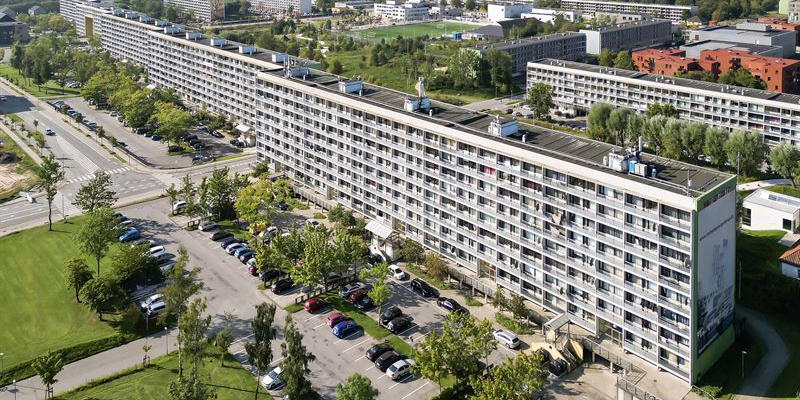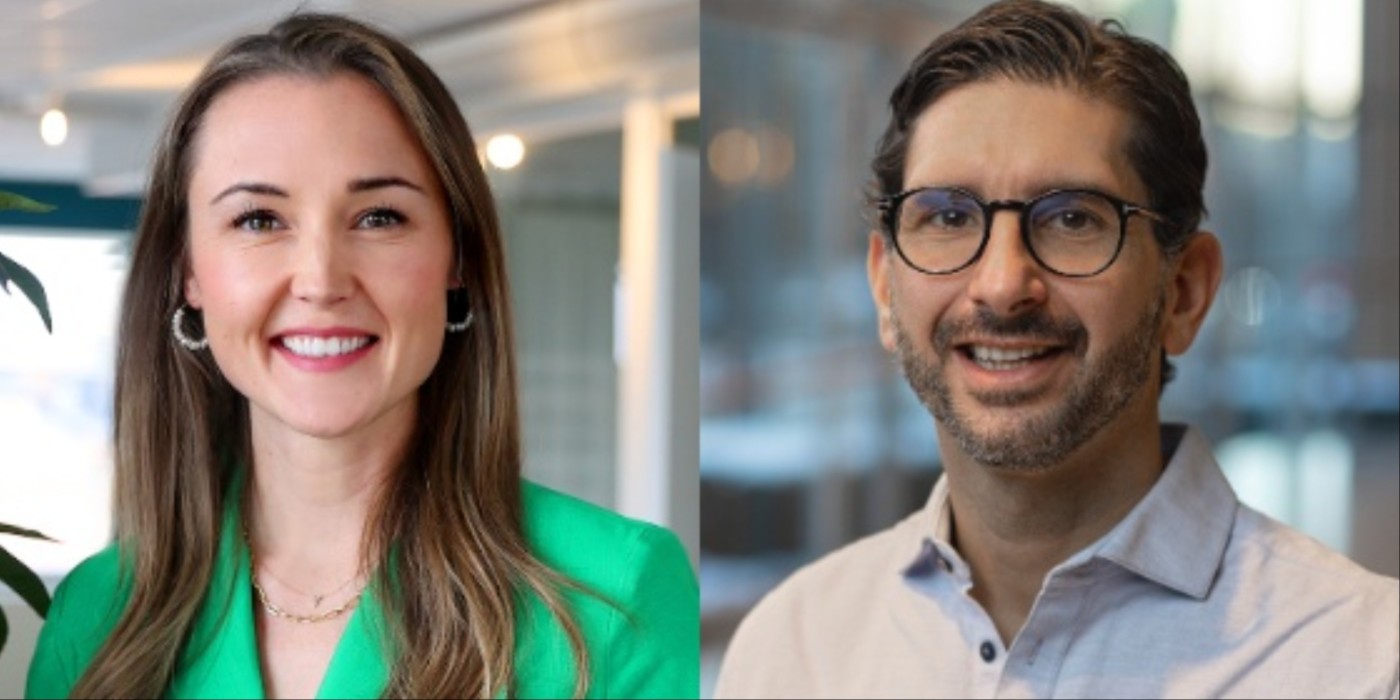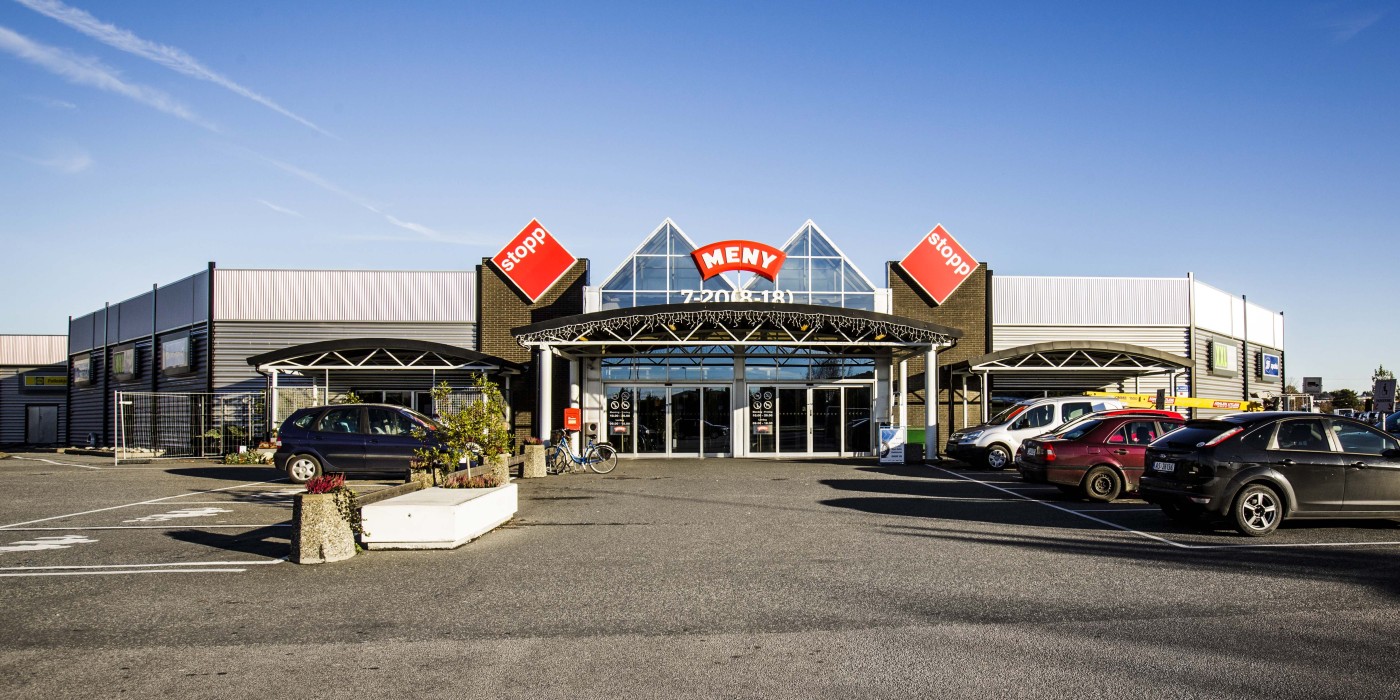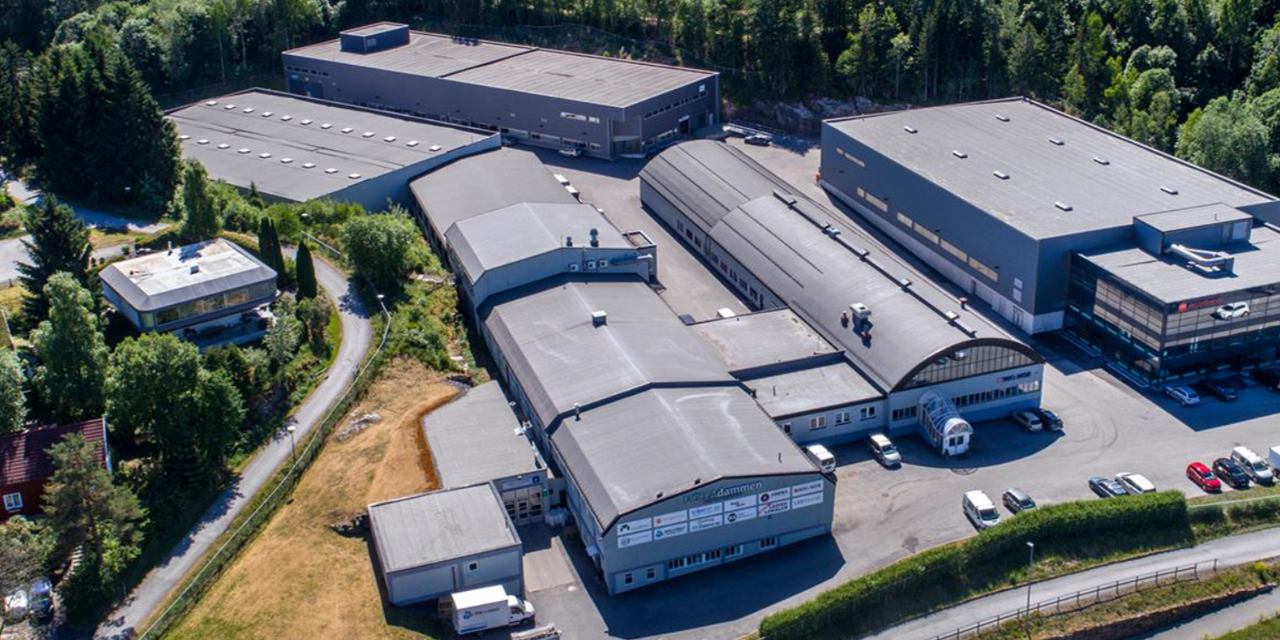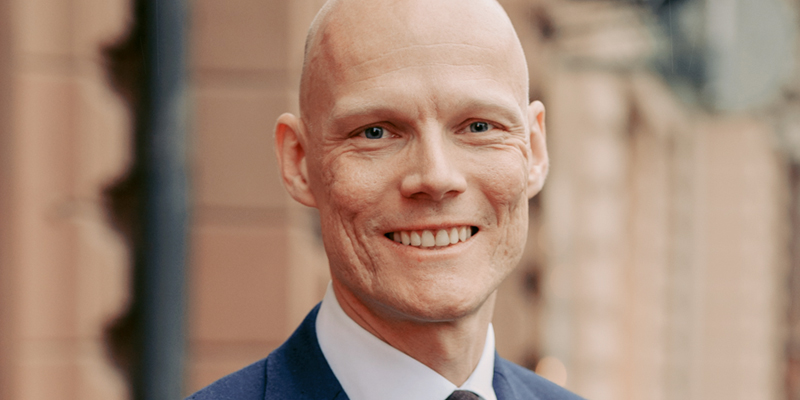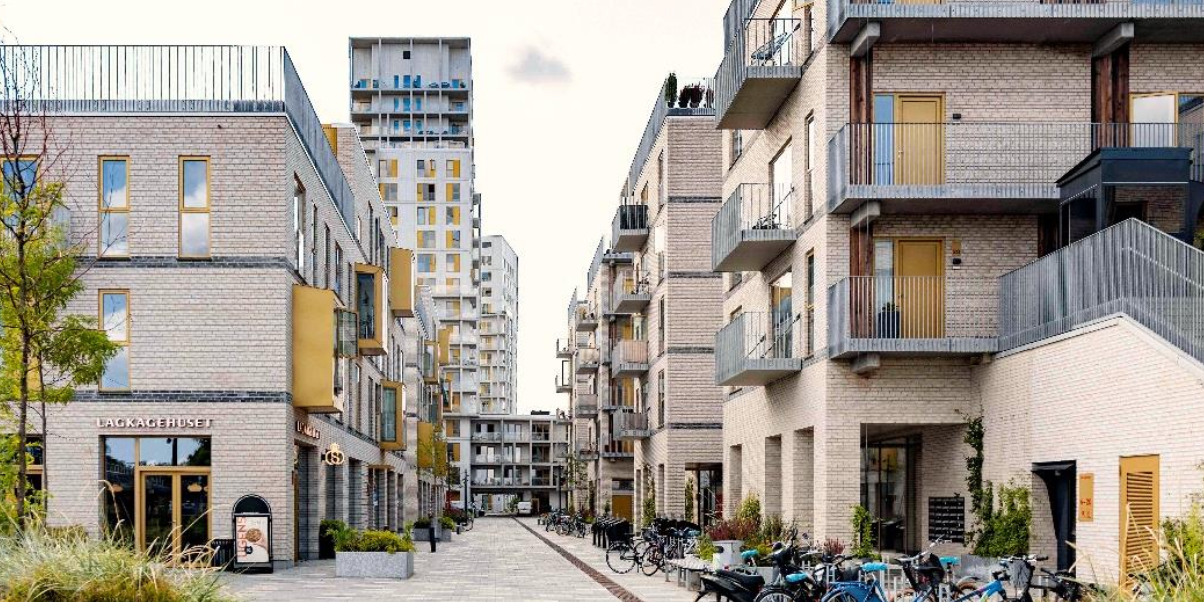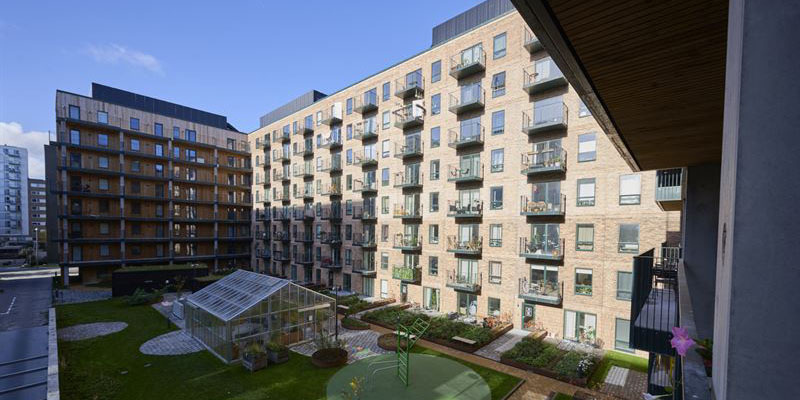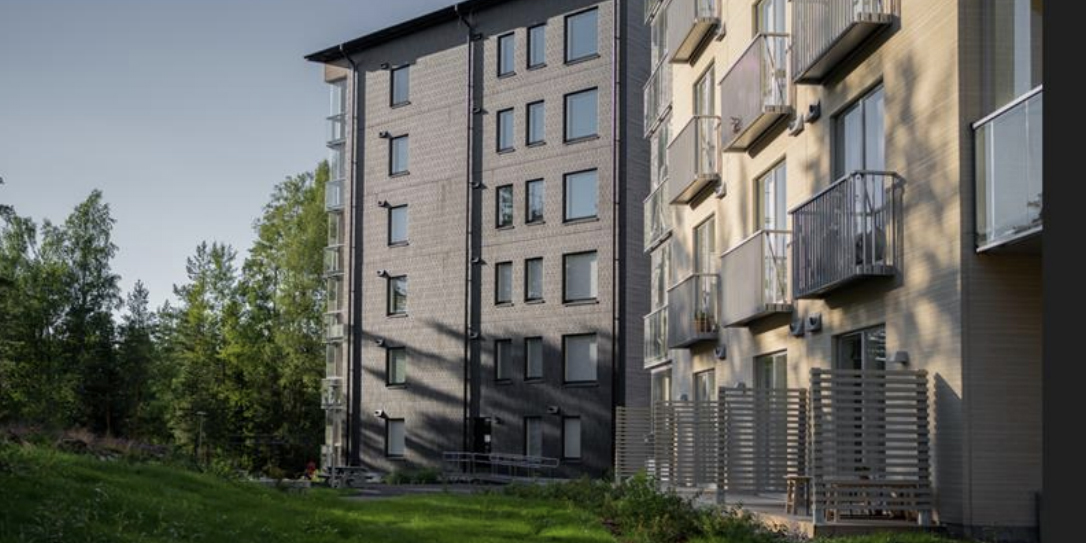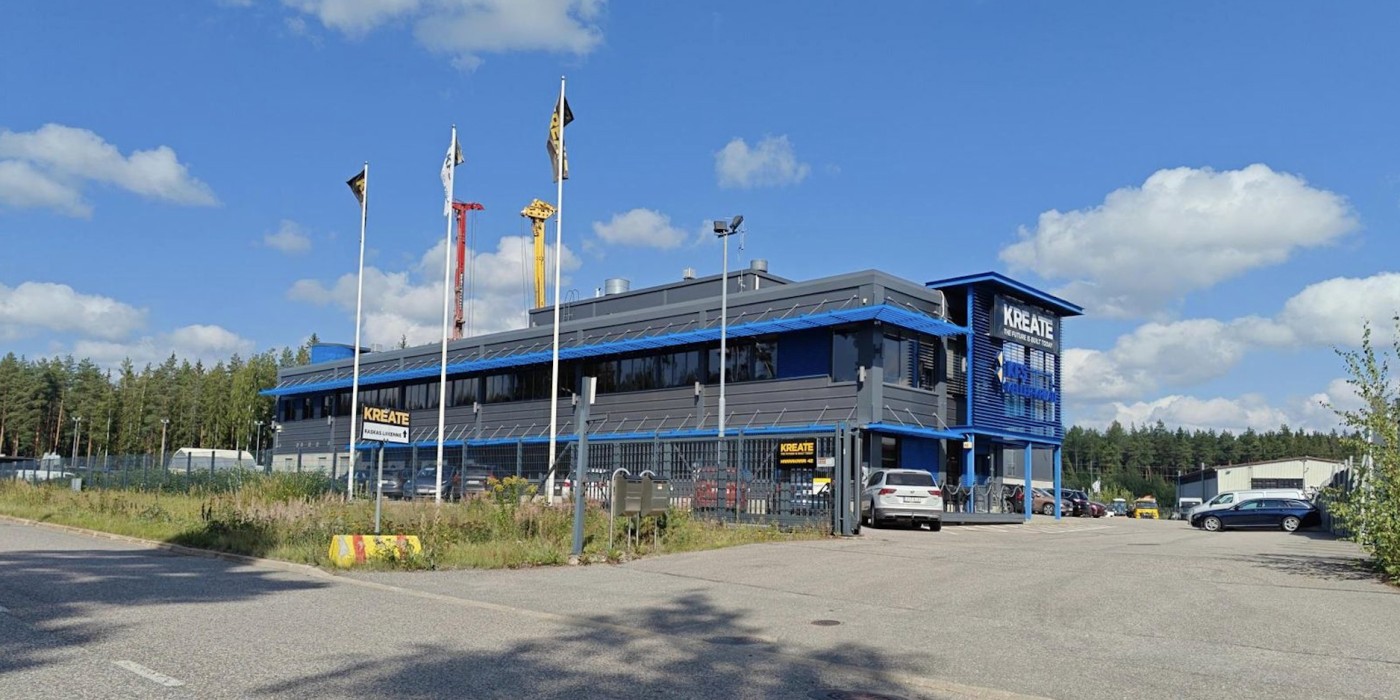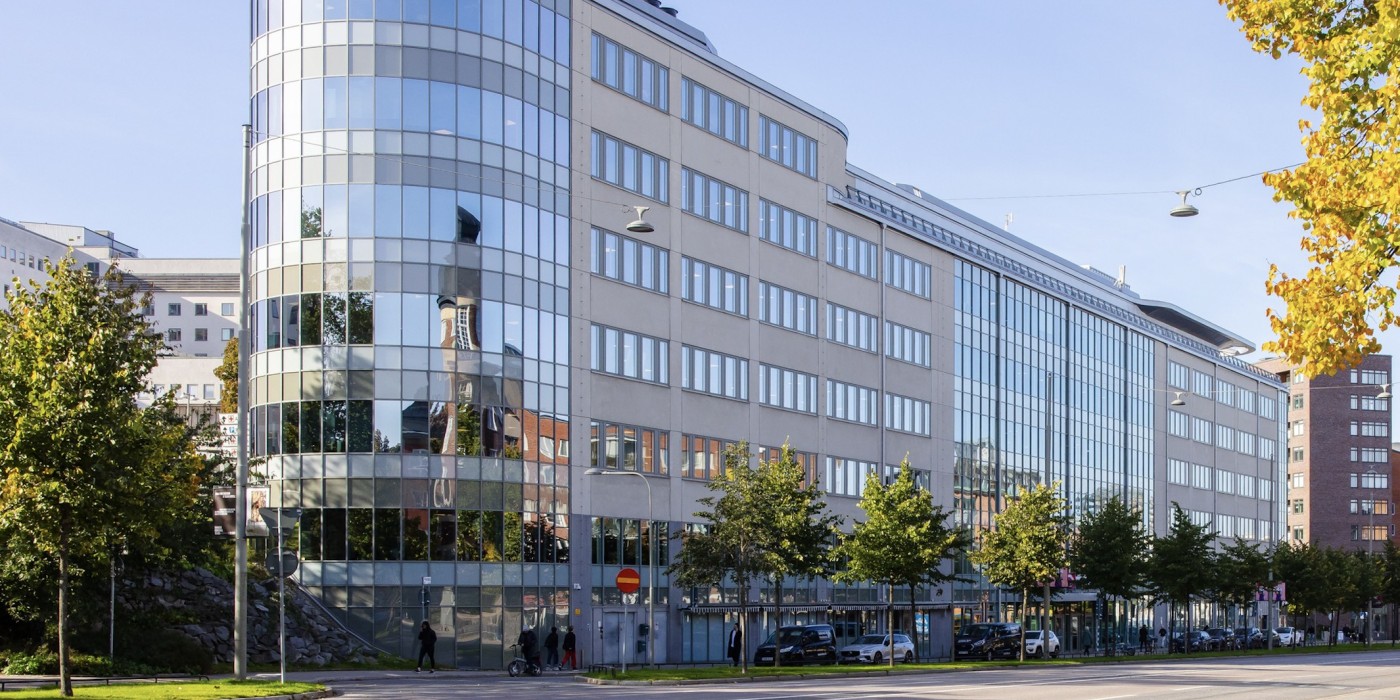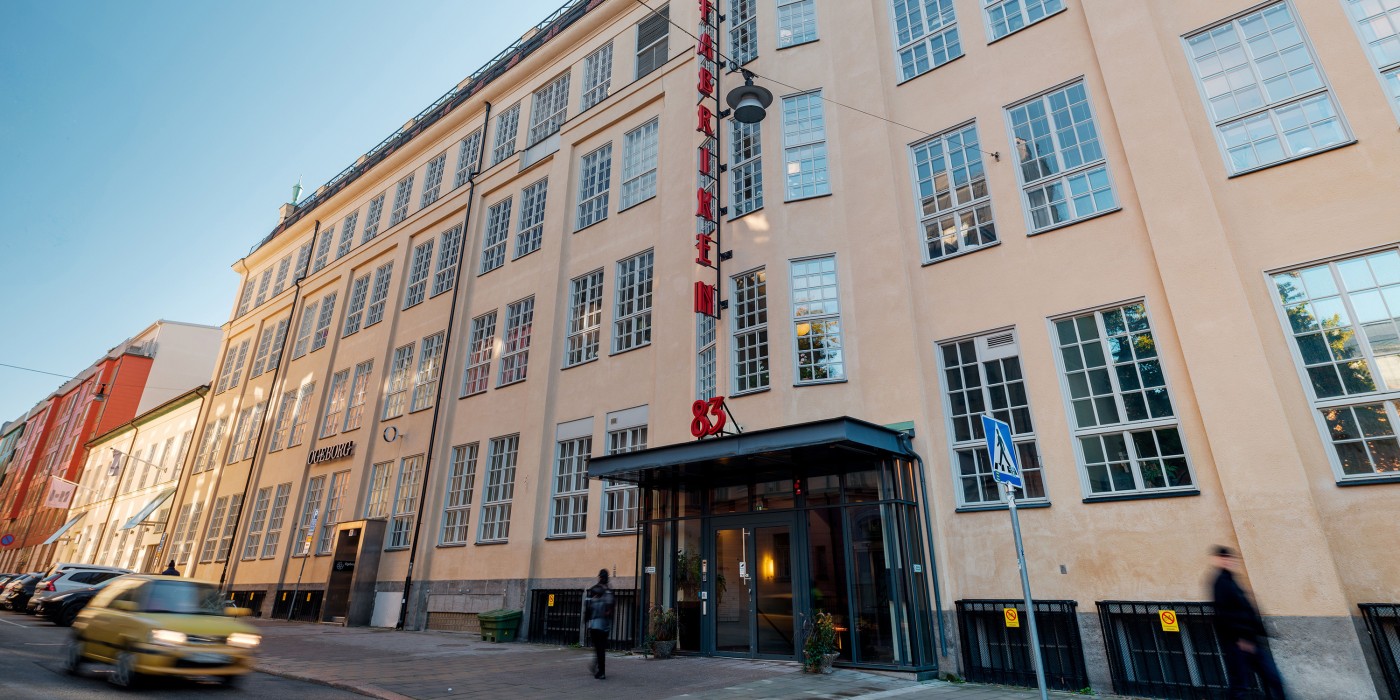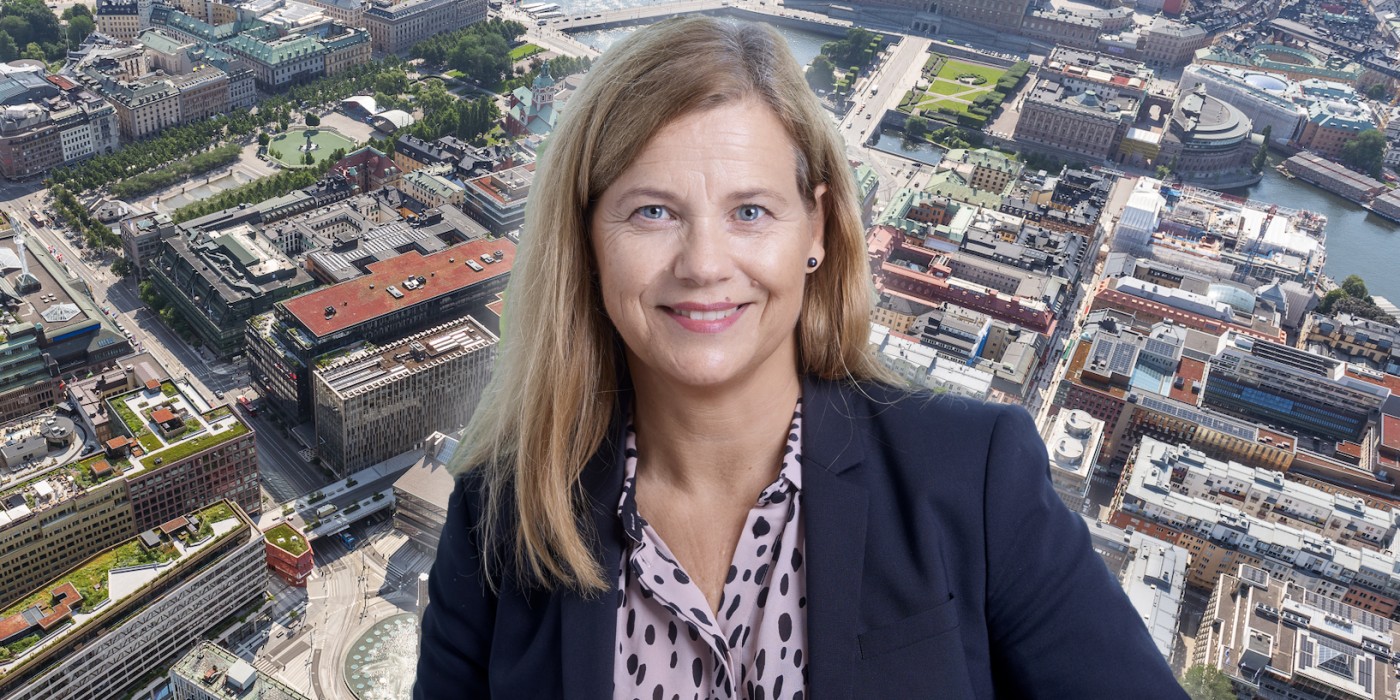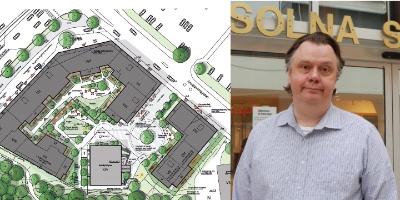Hilson Moran’s management team will remain as shareholders and the company will continue to operate under its existing brand name.
Hilson Moran is one of the foremost engineering services companies with offices across the UK and in the Middle East, providing building services, sustainability, vertical transportation, acoustics, security, smart buildings, fire engineering and facilities management expertise to clients in all sectors of the property industry.
Best known for its work on buildings such as the Gherkin (30 St Mary Axe) and the Walkie Talkie (20 Fenchurch Street) in the UK, Hilson Moran also has a diverse workload overseas including the design of sports stadia for the 2022 World Cup in Qatar. The company employs more than 250 staff across its six offices in UK and the Middle East, generating revenue of around £24m in 2016.
Tyréns’ last strategic investment in the UK was made in 2011, when it supported structural engineering specialists AKT II on the buy-out from WYG plc.
Hilson Moran, AKT II and Tyréns will continue to operate under their existing brands but also join forces where appropriate to provide teams and solutions for the UK and global market.
Commenting on the investment, Ulrika Francke, CEO of Tyréns says:
“Tyréns has strong growth strategy, looking to broaden our international presence in key growth markets. Our investment in Hilson Moran is a further step on this journey and an excellent way of providing clients with integrated specialist teams”.
Chris Plummer, MD of Hilson Moran, added:
“We are delighted to be joining forces with Tyréns and deepening our existing links with AKT II, with whom we have worked for many years. Working with Tyréns means we can continue to offer the very best aspects of being an independent consultancy whilst also now being able to offer an interdisciplinary service with AKTll where that is the right solution for our clients.”
Robin Adams, MD of AKTII, commented:
“This is very welcome news for AKTII. Unlike traditional models this strategic model will reinforce our disciplinary autonomy but with interdisciplinary access to new technologies, research, expertise and relevant markets regionally and internationally. It signals a natural and mature step up to the next stage of our development without eroding expertise, agility or identity."
Tyréns to Strengthen The International Offer
 Sweden —
Tyréns has completed its second strategic investment in the UK engineering market by acquiring a stake in Hilson Moran, which was previously backed by private equity investor Albion Capital.
Sweden —
Tyréns has completed its second strategic investment in the UK engineering market by acquiring a stake in Hilson Moran, which was previously backed by private equity investor Albion Capital.
2017-10-11
Maria Olsson Äärlaht
[email protected]


 All Nordics
All Nordics
 Denmark
Denmark
 Finland
Finland
 Norway
Norway



